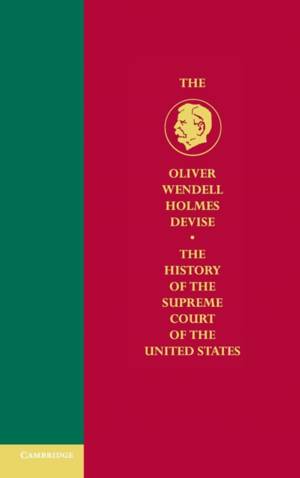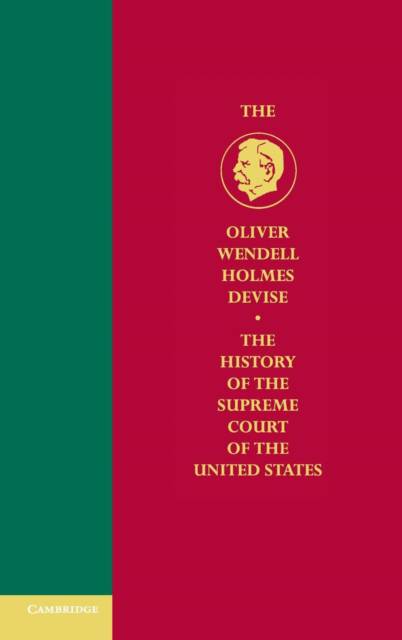
Door een staking bij bpost kan je online bestelling op dit moment iets langer onderweg zijn dan voorzien. Dringend iets nodig? Onze winkels ontvangen jou met open armen!
- Afhalen na 1 uur in een winkel met voorraad
- Gratis thuislevering in België vanaf € 30
- Ruim aanbod met 7 miljoen producten
Door een staking bij bpost kan je online bestelling op dit moment iets langer onderweg zijn dan voorzien. Dringend iets nodig? Onze winkels ontvangen jou met open armen!
- Afhalen na 1 uur in een winkel met voorraad
- Gratis thuislevering in België vanaf € 30
- Ruim aanbod met 7 miljoen producten
Zoeken
Omschrijving
A highly interpretive and eminently readable study of the Supreme Court during the period in which Melvin Fuller was Chief Justice, offering a complete account of the cases the Court saw during one of the most tumultuous times in U.S. history. The legacy of the Supreme Court at the turn of the century has largely been negative: decisions such as Lochner v. New York (1905), Pollock v. Farmers' Loan & Trust Co. (1895), In re Debs (1895), and Plessy v. Ferguson have been seen by subsequent generations of lawyers and judges as embodying a judicial method and philosophy that should be avoided at all costs. This book places these decisions in their historical context. It rejects the crude instrumental interpretation of these decisions and explains them as the expression of a conception of liberty that has its roots in the founding of the nation.
Specificaties
Betrokkenen
- Auteur(s):
- Uitgeverij:
Inhoud
- Aantal bladzijden:
- 446
- Taal:
- Engels
- Reeks:
Eigenschappen
- Productcode (EAN):
- 9780521860277
- Verschijningsdatum:
- 15/05/2006
- Uitvoering:
- Hardcover
- Formaat:
- Genaaid
- Afmetingen:
- 162 mm x 242 mm
- Gewicht:
- 793 g

Alleen bij Standaard Boekhandel
+ 406 punten op je klantenkaart van Standaard Boekhandel
Beoordelingen
We publiceren alleen reviews die voldoen aan de voorwaarden voor reviews. Bekijk onze voorwaarden voor reviews.











